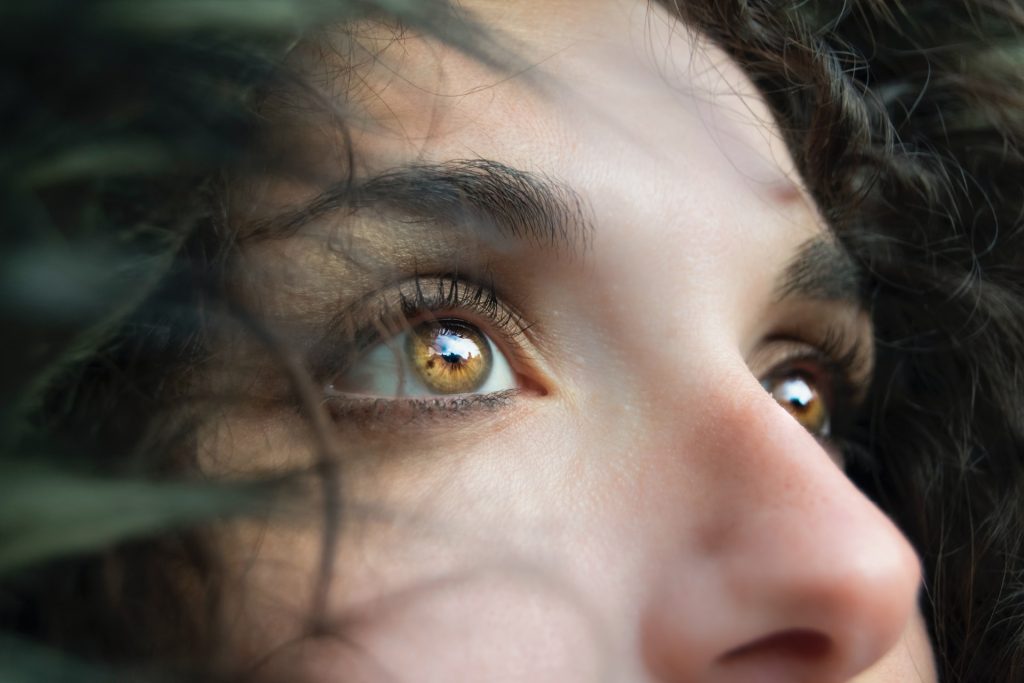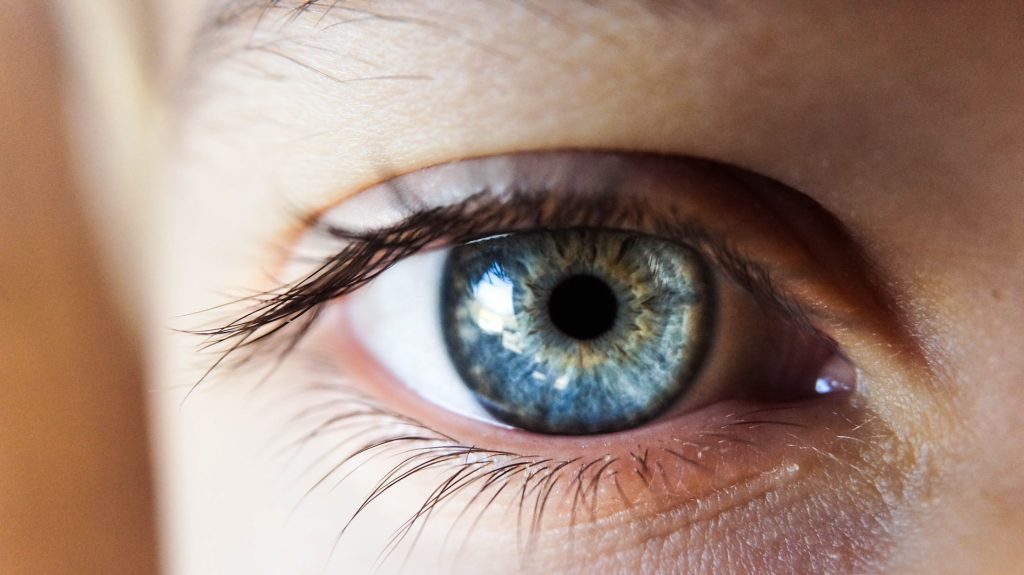Our eyes, the intricate portals to the world, often face the enigma of blur. The frustration of a hazy vision can be more than a mere inconvenience; it can signal underlying issues demanding attention. In this exploration, we unravel the mysteries of why our eyes get blurry, delve into preventive measures, and unveil remedies to restore the clarity our eyes deserve.

The Culprits of Blurriness
Blurriness in vision can be attributed to various factors, each casting its shadow on the clarity we cherish. Refractive errors, such as nearsightedness, farsightedness, and astigmatism, top the list. These errors distort light as it enters the eye, leading to a fuzzy image on the retina. Additionally, aging eyes, dry eye syndrome, and eye strain from prolonged screen time contribute to the haze that sometimes clouds our view.
Navigating Screen-Induced Blurriness
In the digital age, our eyes are subjected to prolonged screen exposure, paving the way for a digital dilemma. Computer Vision Syndrome (CVS) is a modern malady that often induces blurry vision, headaches, and eye strain. Practices like the 20-20-20 rule, which prompts a 20-second break every 20 minutes to look at something 20 feet away, can be a savior in the digital storm.
Preserving Clarity Through the Years
As time weaves its tapestry, our eyes undergo changes. Presbyopia, the gradual loss of the eye’s ability to focus on close objects, is a common culprit behind blurry vision in the aging population. Regular eye check-ups, embracing a diet rich in eye-friendly nutrients, and considering corrective lenses or surgery when necessary become crucial strategies in navigating the aging process with visual clarity.

Addressing Dry Eyes
Dry eyes, often overlooked, can be a silent saboteur of clear vision. Environmental factors, medication side effects, or systemic conditions can lead to insufficient tear production or poor tear quality, causing discomfort and blurriness. Artificial tears, lifestyle adjustments, and, in severe cases, prescription medications are key players in the battle against dry eye-induced blurriness.
Prevention Is the Best Cure
The adage “prevention is better than cure” holds true for eye health. Shielding our eyes from harmful ultraviolet (UV) rays by wearing sunglasses, maintaining a healthy lifestyle with a focus on eye-friendly nutrients like omega-3 fatty acids and lutein, and staying hydrated are proactive steps to fortify our vision. Regular eye check-ups can identify potential issues before they cast a blur on our sight.
Remedies for Blurry Vision
When blur descends, remedies emerge as beacons of hope. Adjusting our screen settings, practicing eye exercises, and incorporating the right nutrients into our diet can be effective self-care measures. However, it’s paramount to consult an eye care professional when persistent blurriness becomes a recurring guest. They can prescribe corrective lenses, recommend vision therapy, or address underlying medical conditions that might be casting the fog over our eyes.

In the grand narrative of our lives, the clarity of vision is a priceless asset. By understanding the culprits of blurry vision, embracing preventive measures, and seeking timely remedies, we embark on a journey toward a future where our eyes continue to be the windows through which we perceive the beauty and intricacies of the world. Let us cherish the gift of sight and commit to the practices that preserve the crystal-clear panorama our eyes are meant to behold.





